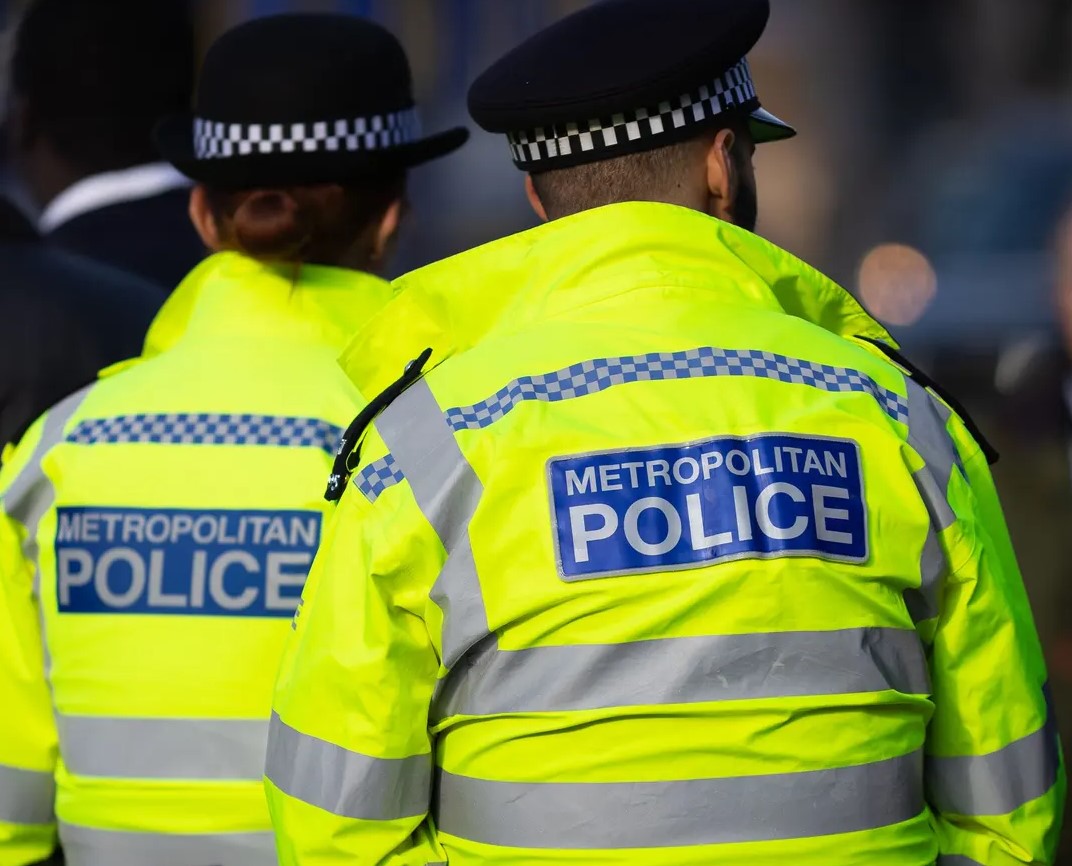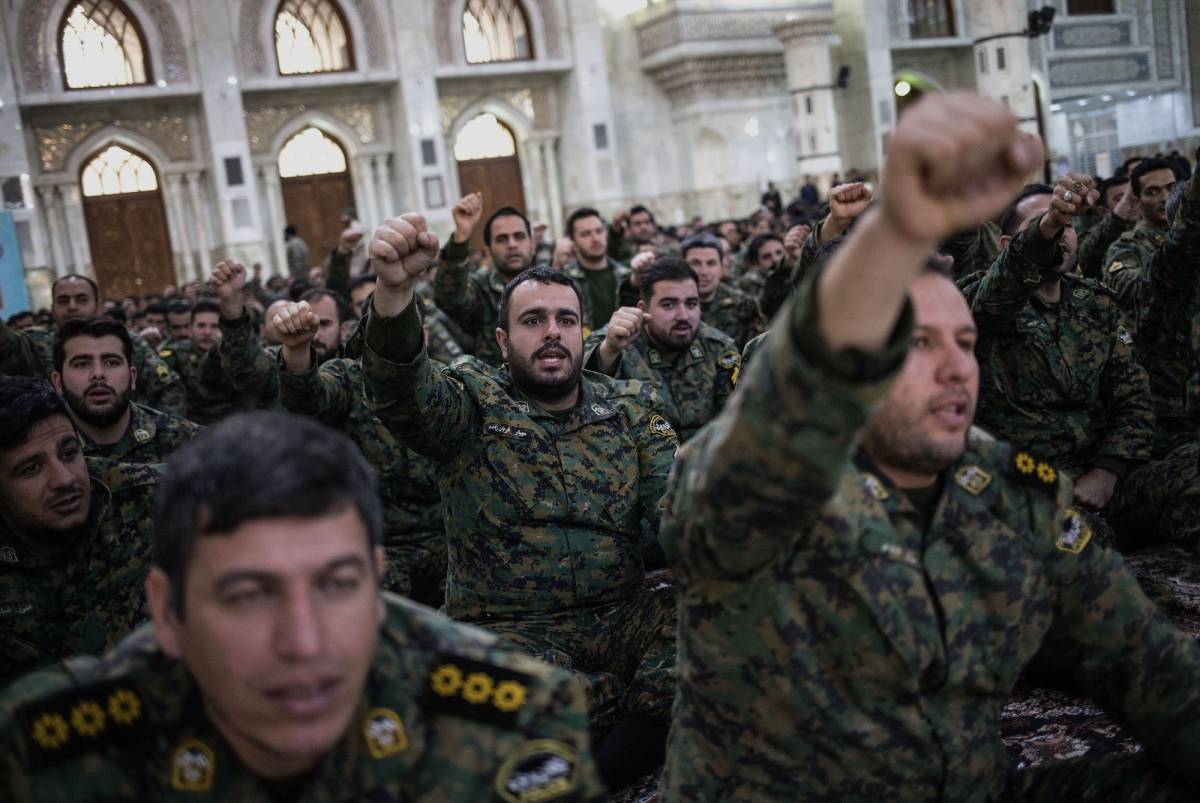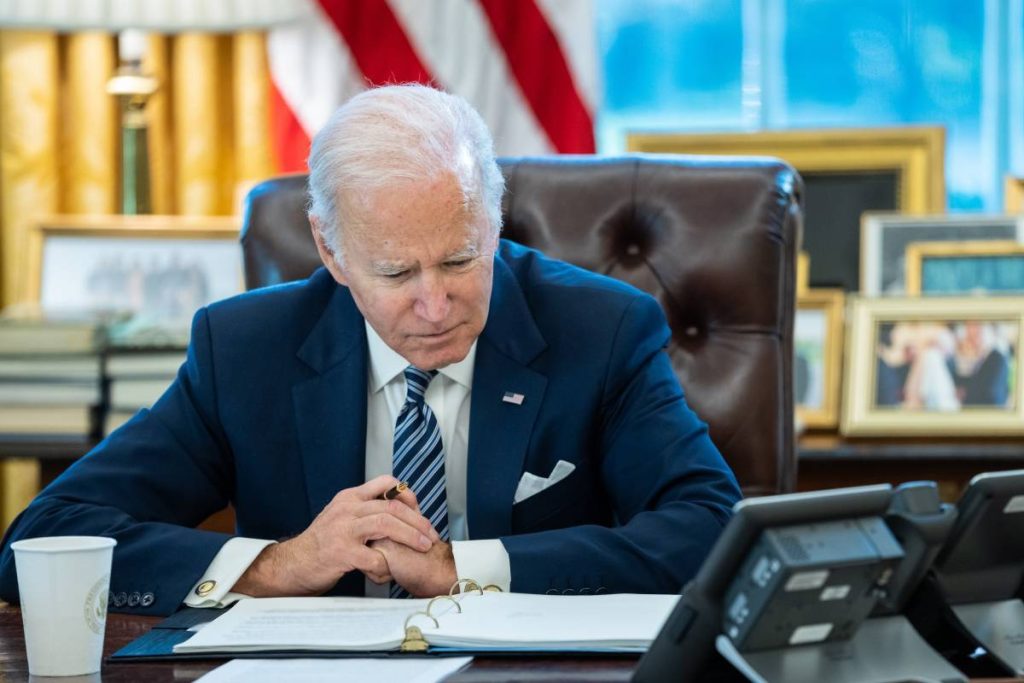Shipping risks have escalated due to repeated Houthi drone and missile strikes in the Red Sea region since November in support of Palestinians in Gaza…reports Asian Lite News
Britain on Tuesday imposed sanctions on units of Iran’s Islamic Revolutionary Guard Corps (IRGC), targeting those who it said were enabling the work of the Houthis, the Iran-linked group responsible for attacks on shipping in the Red Sea.
The sanctions were imposed in coordination with the United States.
Britain’s sanctions target Mohammad Reza Fallahzadeh, a deputy commander of the IRGC, three units of the IRGC Quds Force, Iran-based financier Sa’id Al-Jamal and a Houthi security minister, the UK foreign ministry said.
“The attacks by the Iran-backed Houthis are unacceptable, illegal and a threat to innocent lives and freedom of navigation,” British foreign minister David Cameron said in a statement.
“As I have made clear to the Iranian Foreign Minister, the regime bears responsibility for these attacks due to the extensive military support it has provided to the Houthis.”
Shipping risks have escalated due to repeated Houthi drone and missile strikes in the Red Sea region since November in support of Palestinians in Gaza.
US and British forces have responded with several strikes on Houthi facilities.
Meanwhile, a man was killed and six members of his family were injured in Yemen’s southwestern province of Taiz in the latest airstrikes by the US-British forces, a media report said.
Following the Saturday’s overnight airstrikes, Yemen’s Houthi-controlled Saba news agency on Sunday said “the American-British aggression airstrikes targeted the communications networks in the Shamir area of Maqbanah district, and in Haifan district”, both in Taiz province.
It also reported other airstrikes on a farm in the Abs district in the northwestern province of Hajjah, and more than a dozen of airstrikes in the capital Sanaa targeting several well-known military positions.
The US Central Command on Sunday said on social media platform X that its forces and allies on Saturday targeted 18 military positions of the armed Houthi group.
“The targets included Houthi underground weapons storage facilities, missile storage facilities, one-way attack unmanned aerial systems, air defense systems, radars, and a helicopter,” it said.
These strikes are intended to “degrade Houthi capability and disrupt their continued reckless and unlawful attacks” on international commercial and US and British vessels in the Red Sea, Bab al-Mandab Strait, and the Gulf of Aden, the US Central Command added.
In response, the Houthis issued a televised statement following the US-led coalition airstrikes, in which they claimed responsibility for new missile and drone attacks they launched on Saturday against what the group said “a US oil tanker and navy ships”, vowing for more, Xinhua news agency reported.
The Houthis have controlled much of northern Yemen, including the capital Sanaa and the strategic Red Sea port city of Hodeidah since the Yemeni civil war erupted in late 2014.
ALSO READ-US, Red Sea coalition forces destroy 5 Houthi drones



